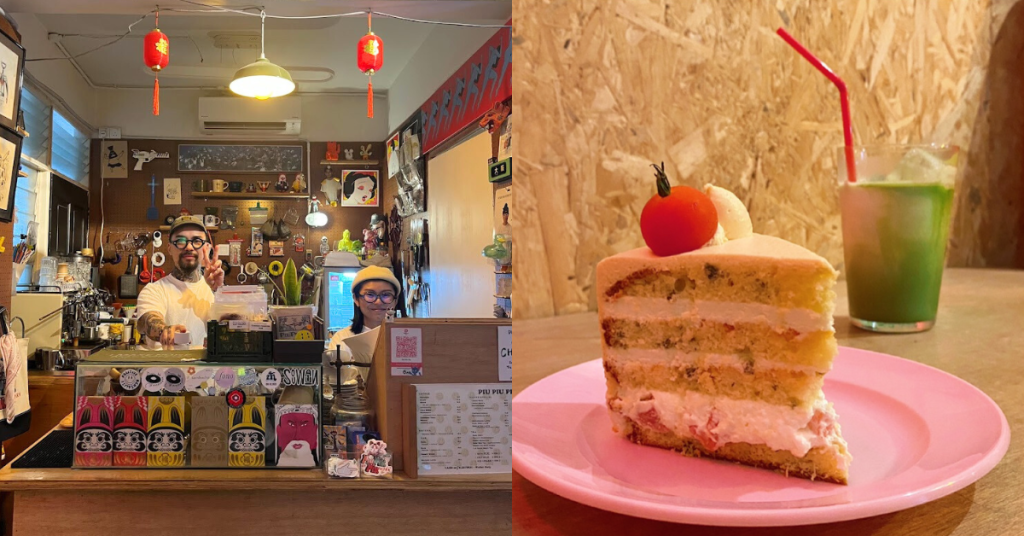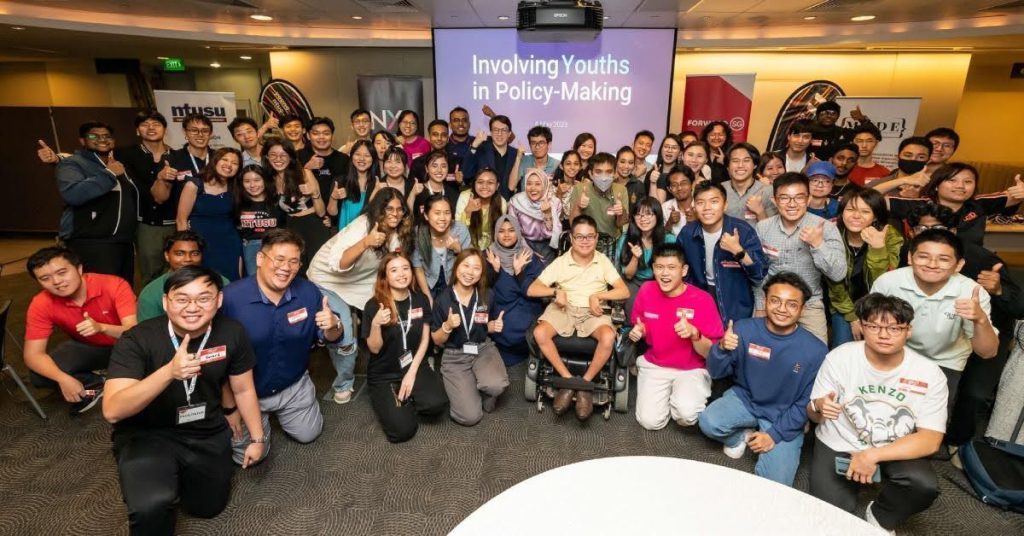GXBank is lowering its 3% interest rate & revising its 1% cashback programme

I’ve been an avid user of GXBank since the first Malaysian digital banking platform got its start last November. Some of my favourite features that I always highlight when recommending the platform is the unlimited cashback of 1% when using the GXBank debit card. Another thing is the 3.00% p.a. daily interest rate that they […]
We investigated FashionValet’s alleged “fire sale” with SSM reports, here’s what we found

FashionValet is no stranger to controversy, having been under fire in 2022 when it announced its pivot away from its own FashionValet fashion platform to focus on its inhouse brands dUCK and LILIT. Recently, the business came under scrutiny again following an article by a newsletter called Asia Tech Review. The platform claims that FashionValet […]
More than profits: How this quirky hole-in-the-wall cafe in KL aims to build a community

Passing by Kampung Attap, you probably wouldn’t think much about the area. There are old apartment complexes, neighbourhood businesses, and quiet streets that aren’t overly populated. Even parking is a breeze as there aren’t many visitors on a day-to-day basis. But tucked in a corner is an unassuming-looking row of restored 1950s-era interconnected shophouses called […]
Young S’poreans are proposing govt policies, here’s how you can share your views too

[This is a sponsored article with the National Youth Council.] From uncertain economic conditions to climate challenges, the youths of today are grappling with an era of unprecedented crises that could significantly impact their future. Yet, they may not get to participate in the very discussions that will shape their lives. To give youths a voice […]

